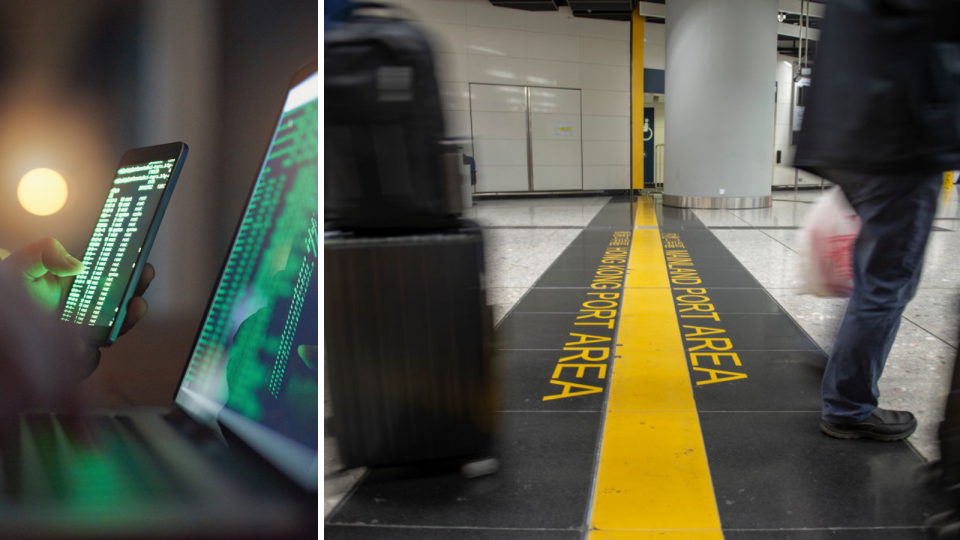Heading to China? You might be forced to install text-stealing malware on your phone

Chinese border authorities have been secretly installing spyware on tourists’ phones and scanning over 73,000 files - as well as texts, phone logs and calendar entries.
Border police are targeting foreigners who enter the country through certain crossings in the Xinjiang region, and it’s where the Chinese government has been conducting some heavy surveillance of Muslim ethnic minority groups who live there.
Related article: Social media info demand for most US visas
Related article: How to move your stuff from an old iPhone to a new iPhone in just a few minutes
Related article: Apple’s U.S. iPhones Can All Be Made Outside of China If Needed
According to The Guardian, border agents in the region have been requiring tourists to hand over their phones and passcodes before entering.
Then, the iPhones are plugged into a reader that scans them, while Android phones will have the app installed to do the same job.
Investigations found those entering the region from Kyrgyzstan or those using the remote Irkeshtam border were having their phones screened by guards.
In most cases, the app is uninstalled before the phone is returned to the tourist, but some travellers told The Guardian they found it on their phones after the investigation.
Tourists say they weren’t warned by authorities in advance, or told about what the software was looking for. They were also unaware of any information being taken and recorded from their phones.
Analysis of the software conducted by the publication found it was designed to upload information like emails on to a server at the border office, but it remains unclear where all the extracted information went, and for long it was stored.
Earlier this year, the US came under fire for requiring tourists to list their social media platforms in new visa application forms.
The update was touted to “improve national security screenings”, but civil rights unions called the plan “deeply problematic”.
Make your money work with Yahoo Finance’s daily newsletter. Sign up here and stay on top of the latest money, news and tech news.

 Yahoo Finance
Yahoo Finance 